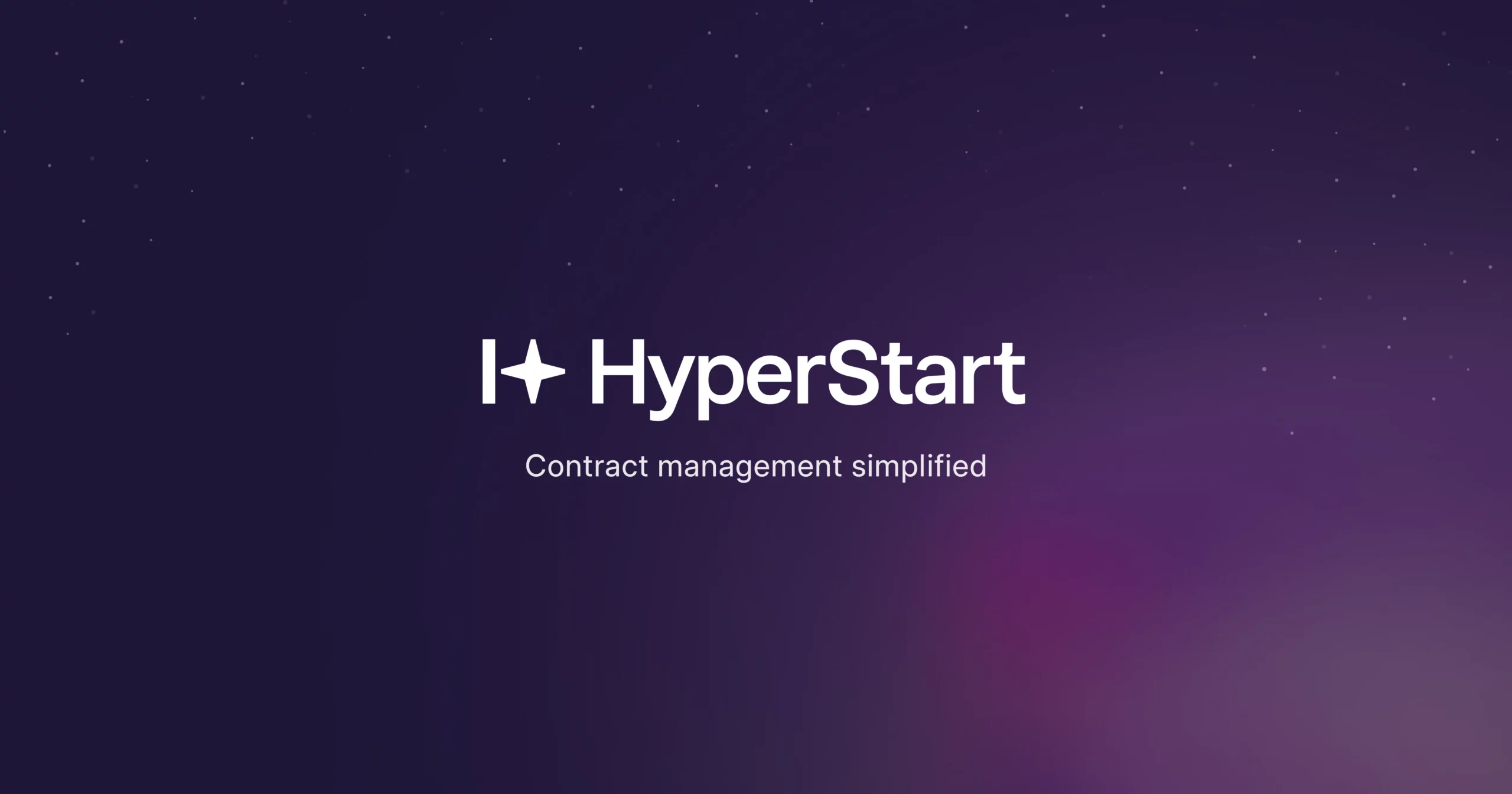What is a SaaS Agreement?
A Software as a Service (SaaS) agreement is a legal contract governing the use of software provided online, rather than through installed software on local systems.
SaaS agreements detail terms around subscription fees, data usage, and service levels, providing a structured framework for managing the expectations and responsibilities of both providers and customers.
Effective SaaS contract management is crucial to maintaining this structure, ensuring that all aspects of the agreement are upheld. For a comprehensive look at managing SaaS agreements successfully, explore our blog on SaaS contract management.
These SaaS agreements provide the legal framework for using, accessing, and securing data on cloud software platforms, where effective cloud-based contract management ensures that data is both accessible and protected within the SaaS environment.
What is the purpose of a SaaS agreement?
Data protection and usage: SaaS agreements outline how data will be managed, including security measures, compliance standards, and access permissions. This is critical for maintaining data integrity and ensuring customer data remains protected.
Service level expectations: The agreement specifies uptime guarantees, customer support availability, and performance standards. These service levels ensure that customers have reliable access to the software and set clear expectations for downtime and technical issues.
Subscription terms and fees: Clear terms for subscription fees, payment frequency, and renewal conditions are outlined in the agreement. This helps customers understand their financial commitment and sets expectations for the cost of using the SaaS platform.
Termination and suspension rights: SaaS agreements include conditions under which the contract can be terminated, such as non-payment or misuse of the software. This protects the provider’s rights while offering customers transparency about potential consequences.
What are some key clauses in a SaaS contract?
Key clauses in a SaaS contract include:
Data ownership and privacy: This clause specifies that customer data remains their property and outlines data security protocols. It also details data backup, recovery, and how the provider will handle customer data post-termination.
Availability and uptime: Guarantees regarding software availability and uptime are essential to SaaS agreements, ensuring service reliability. This clause typically includes a minimum uptime percentage and compensations for significant outages.
User limitations: These limitations define the number of authorized users or user licenses and restrict unauthorized access. Clear user limitations prevent overuse and ensure compliance with the provider’s licensing terms.
Indemnity and liability: This clause limits the provider’s liability in cases of damages or data breaches. Indemnity provisions protect the provider from legal actions arising from customer misuse or unauthorized access.
A well-crafted SaaS agreement establishes clear terms and protections, ensuring smooth, secure, and reliable service for both providers and customers.
Try first. Subscribe later.
Boost your legal ops efficiency by 80%.


